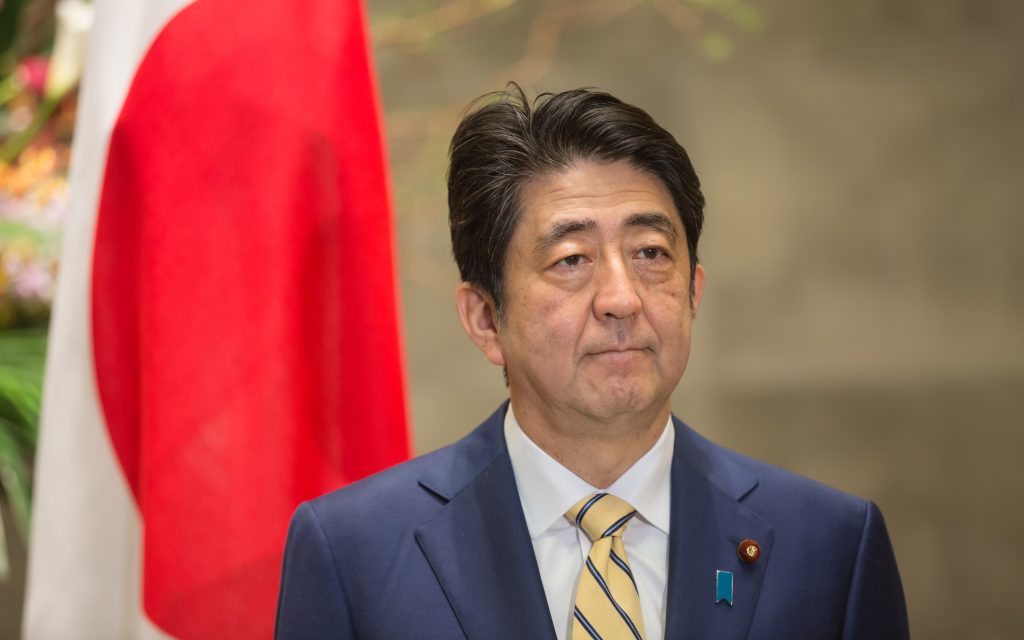
- ARAB NEWS
- 23 Apr 2024

Tokyo: A film modeled on the suspect in the fatal shooting of former Japanese Prime Minister Shinzo Abe three months ago is drawing controversy as it was screened at some theaters on the day of his state funeral.
One theater ended up canceling the planned screening after receiving a wave of protests against the film, which is based on the 42-year-old suspect, Tetsuya Yamagami.
The film “Revolution+1” was directed by Masao Adachi, an 83-year-old former member of the now-defunct Japanese Red Army, which carried out terrorist attacks around the world in the 1970s and 1980s.
It depicts how the main character, modeled on Yamagami, made a gun and used it.
This time, a special 50-minute version of the movie was released that was filmed in eight days from late August.
The full-length version is schedule to be completed in November and to be shown at theaters across the country.
Abe was gunned down while delivering a campaign speech in the western Japan city of Nara on July 8.
The special version was to be screened at 13 theaters, but the plan was shelved at one theater due to a series of threatening phone calls and emails.
“Protests were received even by the commercial facility housing the theater,” an official of the theater said.
“We canceled the screening for the safety of customers,” the official said.
“I wonder what had forced Yamagami into a corner,” Adachi said in an interview.
“I wanted to depict the background of one young man, instead of seeing him as a hero.”
Adachi also said the special version contained a message of protest against the state funeral, which was held in Tokyo on Sept. 27 while the public was divided over the event.
“I welcome criticism and objections,” he said.
Kenta Yamada, professor of speech law at Senshu University in Tokyo, said that “there should be no obstruction to the screening of films in terms of freedom of expression even if strong voices are raised against different principles and claims.”
Mafumi Usui, professor of social psychology at Niigata Seiryo University in the city of Niigata, said that the production side “should be been careful a little more before releasing the film” as the shooting incident is still under investigation.
“The feeling of bereaved family members should also be considered,” he said.
JIJI Press